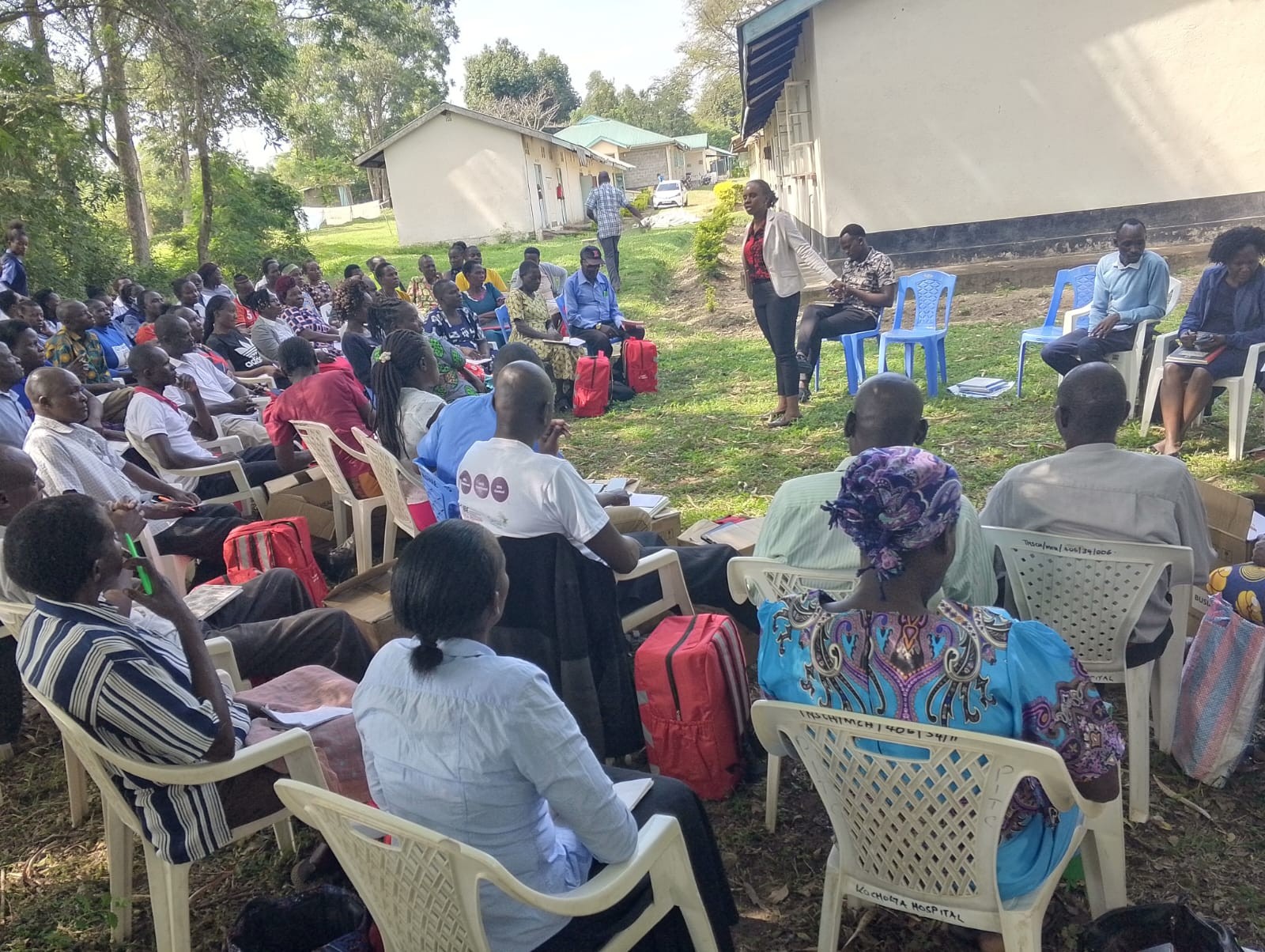
Introduction:
Busia County, a vibrant borderland region serving as Kenya’s gateway to the East African Community, has demonstrated remarkable resilience in transforming its healthcare system. However, healthcare in border Counties like Busia faces numerous challenges. Poor road networks, difficult terrain, and lack of identification documentation create significant physical barriers. Financial hurdles, such as the high cost of cross-border healthcare, the need for foreign currency, and the non-transferability of health insurance policies, further complicate access. The County has also borne the brunt of epidemics, including mpox, red eye disease, Ebola scares, and COVID-19, due to international travel, further straining the health system. These issues are compounded by shortages of quality healthcare infrastructure and skilled personnel, as well as language barriers that hinder patient-provider communication. Underlying these challenges are disparities in national legal and institutional frameworks, which dictate healthcare entitlements and create inconsistencies in service delivery protocols across borders.
Despite these obstacles, Busia County has made significant strides in improving maternal health outcomes. One of its most notable achievements is the elimination of unskilled home deliveries in Kamuriai Location, Malaba North Ward, a community previously overwhelmed by high rates of childbirth conducted by untrained Traditional Birth Attendants (TBAs).
Kamuriai Location, comprising Korisai and Osasame sub-locations, had long struggled with unsafe home deliveries. Poverty, lack of awareness, cultural preferences, and logistical barriers, such as long distances to health facilities and fears of mistreatment by medical staff drove mothers to seek delivery services from TBAs. These practices posed severe risks, including postpartum hemorrhage, retained placenta, and neonatal complications. Additionally, cross-border dynamics, such as intermarriages and lack of identification documents, further complicated access to formal healthcare services.
Click the story below to read more.